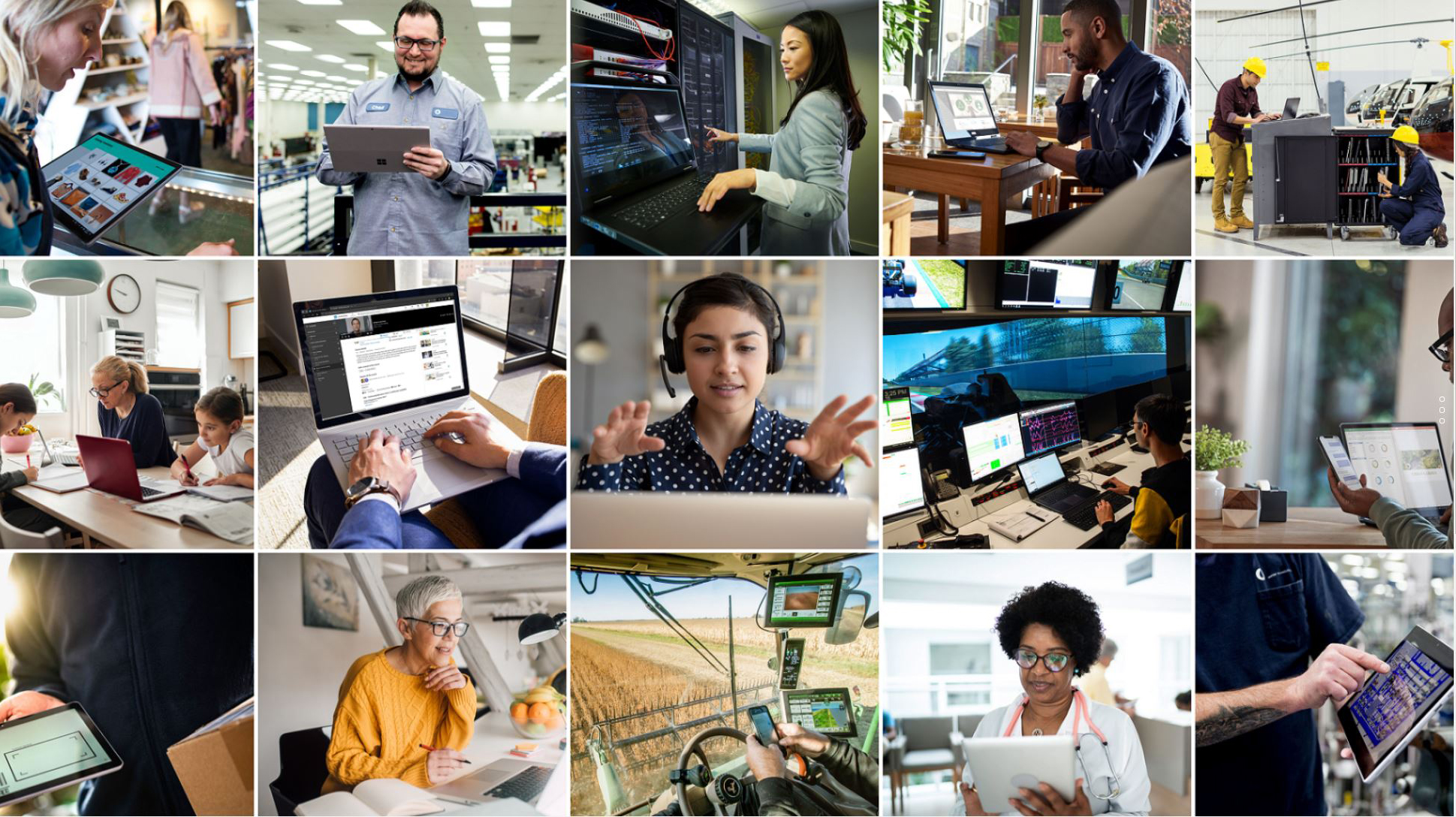The concept of initiative, particularly in the context of smarter working, is about taking the first step or leading action to introduce new methods or processes aimed at improving efficiency and employee satisfaction. This involves not just introducing new policy initiatives but embodying the proactive attitude required for initiating action towards positive change. In smarter working, initiative might translate into adopting flexible working hours, integrating technology to streamline tasks, or implementing a new bill or law, like the Flexible Working Law passed in the UK, which reflects a significant shift towards more adaptable work environments. Understanding what is initiative in this context is crucial for businesses aiming to thrive in the modern landscape. EssayPro writes your scholarship essays is a crucial service for students looking to articulate their qualifications, aspirations, and dedication to initiatives such as the Initiative of Smarter Working. This service crafts compelling essays that highlight the applicant’s understanding and commitment to innovative work practices, enhancing their chances of winning scholarships that support progressive employment and workplace strategies.

Taking Your Own Initiative: The Role of Self-Motivation in Smarter Working
Taking your own initiative in smarter working is about personal drive and self-motivation. Employees who take the initiative often do so by proposing new ideas, seeking out opportunities for improvement, and making friends with challenges. This individual effort can lead to significant changes within an organization, contributing to a culture of continuous improvement and innovation especially when you get cooperate with the best essay writing services reviews. When employees are empowered to act on their own initiative, they feel more invested in their work and connected to the company’s goals, leading to higher satisfaction and productivity.
The Peace Initiative: How Smarter Working Contributes to a Harmonious Workplace
The peace initiative in smarter working focuses on creating a harmonious workplace where employees can work in a manner that best suits their lifestyle and preferences. By implementing flexible working models and respecting the individual needs of workers, companies can contribute to a more peaceful and productive environment. This approach not only helps in making friends within the workplace but also in reducing conflicts, as employees feel valued and understood. The peace initiative, as an introductory act in smarter working, demonstrates a commitment to employee well-being and promotes a positive organizational culture. The best cheap case study writing services are essential for projects on innovative topics such as Smarter Working. These services provide affordable yet high-quality case studies that analyze the principles, strategies, and benefits of smarter working practices. By utilizing these services, students and professionals can obtain well-researched and practical case studies that highlight the effectiveness of modern work methodologies.

Initiative as a Noun: The Power of Proactive Actions in Business
Initiative, when treated as a noun, represents the power of proactive actions in business. It signifies the ability to act ahead, anticipate needs, and propose solutions. In the realm of smarter working, showing initiative might involve a group of employees collaborating to stop the manufacture of outdated practices and introduce more efficient methods. Taking initiative in this context means more than just following orders, it’s about being a leader in action, even if not in title, and pushing the envelope to improve the workplace for everyone involved.
Principles of Smarter Working: A Guide to Implementing Effective Strategies
The principles of smarter working involve a set of strategies aimed at enhancing business productivity and employee satisfaction. These principles include flexible working, autonomy in task completion, and the use of technology to facilitate easier completion of daily tasks. Implementing these principles requires a step-by-step approach, or initiative steps, where businesses must first understand the needs of their employees and the operational demands of their industry. By taking these initiative steps, companies can create a more adaptable and fulfilling work environment, leading to improved outcomes for both the business and its employees.

The Impact of Smarter Working on Employee Well-being and Productivity
The impact of smarter working on employee well-being and productivity is profound. When employees are given the flexibility to work according to their personal life schedules and preferences, there is a noticeable improvement in their mental health and overall job satisfaction. Smarter working initiatives that prioritize work-life balance help prevent employees from feeling overwhelmed and enable them to focus better on their tasks. As a result, there is a positive shift in productivity levels, as happier and healthier employees are more likely to perform better and contribute more effectively to their teams.
Overcoming Barriers: How to Encourage Initiative and Innovation at Work
Overcoming barriers to encourage initiative and innovation at work involves addressing the challenges that prevent employees from taking proactive steps. Employers can support initiative by creating an environment where new ideas are welcomed and where there is a specified number of voters – or, in a business context, stakeholders – who are open to experimenting with new initiatives. Encouraging a culture where taking the initiative is rewarded and where employees do not fear reprisal for failed attempts can significantly enhance innovation within a company. Leaders should exemplify this by taking the first step themselves, fostering an atmosphere of trust and open communication.

Future Trends: The Evolving Landscape of Smarter Working and Business Success
The future trends in smarter working point towards an increasingly flexible and employee-centered business landscape. As technology continues to evolve, so too will the methods and strategies companies use to achieve tasks and goals. The success of initiatives like the Smarter Working Initiative shows that businesses are recognizing the benefits of adapting to the needs and preferences of their workforce. In the future, we can expect to see more companies embracing smarter working principles, leading to a global shift in how work is perceived and conducted. This will not only redefine what it means to work efficiently but will also reshape the concepts of job satisfaction and company loyalty. This online number sequence pattern finder calculator without money is a smart tool that saves time and delivers instant results.
